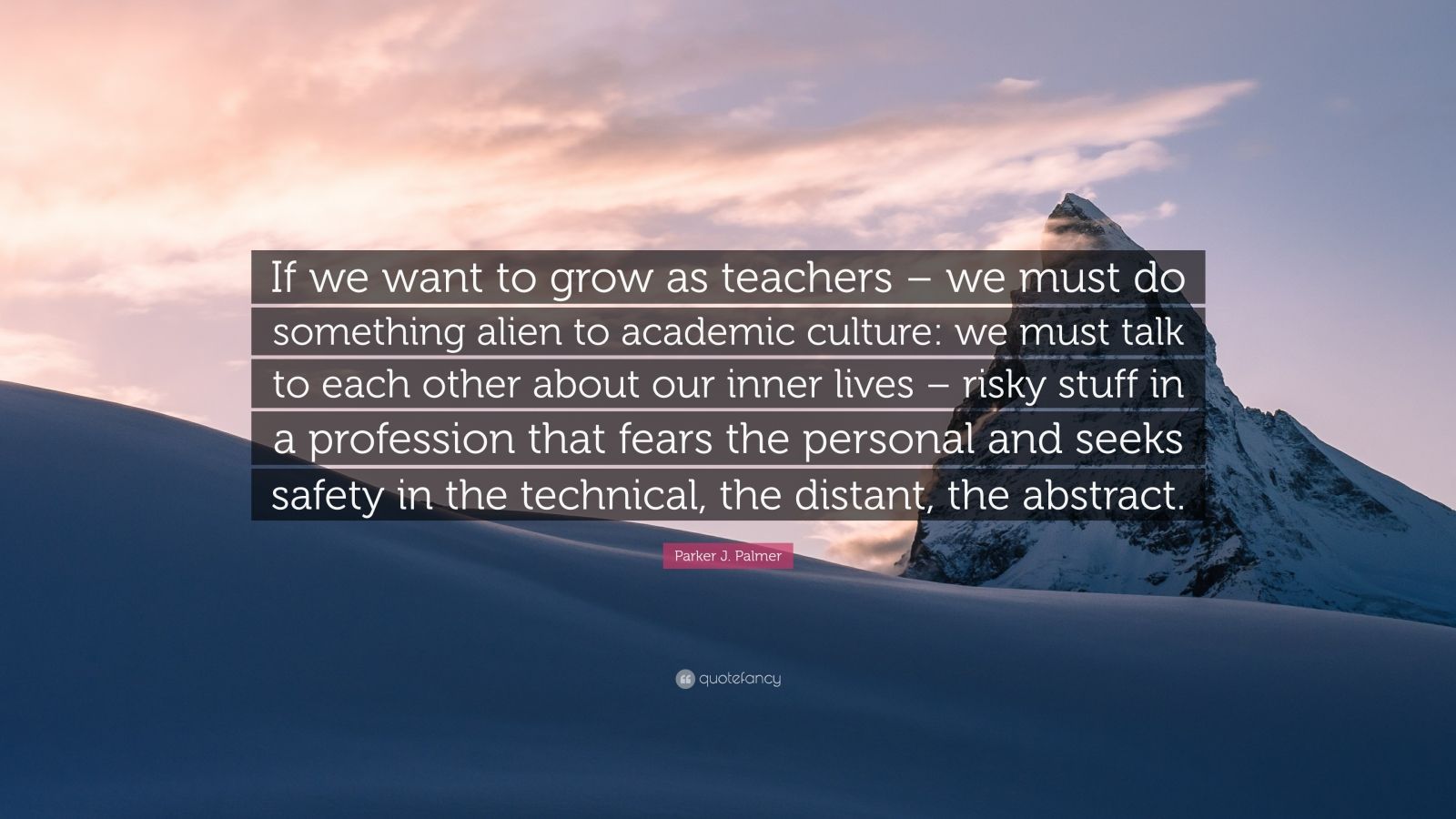How to Approach Your Learning

Preparing to Learn
So often learning spaces are experienced as places where you might feel the need to perform, or in some way already 'know the answers.' This mindset makes it hard to really be open to exploring some topics as you may feel you should already know about them or somehow it is a critique of your own professional knowledge or abilities. In this professional development opportunity, you are invited to put aside the need to 'know it' already assumption and to truly explore and question what you might not yet know or have had the chance to think much about.
|
All you need is a willingness to:
|
Throughout this professional development opportunity, emphasis is placed on what you can learn from your experience and from your practice, so in that sense it is experiential in nature and grounded in critical reflective practice, which you will be invited to engage with more in the upcoming sections. In this way we hope to give you an opportunity to experience some of the pedagogical practices that you can use with your students to optimize their experiential learning. We also encourage you to share your learning in the collective of your workplace.
Legend
As you work through this professional development opportunity, please take note of the intentional colour scheme used in the tables.
| BLUE tables are definitions of concepts, terms, and examples are provided. |
| BLACK tables are reflective learning opportunities. Please take time to pause and record your thoughts in the reflective workbook. |
| ORANGE tables offer additional readings for those who want to learn more |
What Do We Mean By Practice?
|
Pinnegar and Hamilton (2009) define practice as "the activities engaged in by a person in a particular profession that reflect the work, activities, beliefs, and knowledge that informs and shapes that practice and “lead to the accomplishment of goals through the use of knowledge, theories, and understanding” (Pinnegar & Hamilton, 2009, p. 16). For our purposes, your "WIL practice" is the work you do in support of your WIL students. |
Benefits of Reflection
Throughout this professional development opportunity, you will focus on your practice, review the foundational theories, principles, and lenses that inform the field of WIL, and use these new understandings to explore and shift your practices.
The benefits of reflecting on your practice are many. To name a few, you will have the opportunity to:
- experience some of what you ask of your students,
- identify areas in your program that you would like to review or know more about,
- understand the field of WIL in a more comprehensive way,
- consider how inclusive your WIL program is, particularly for students who experience marginalization,
- modify your practice to best support WIL students in their learning journeys, and
- be energized to explore new interests in your work.